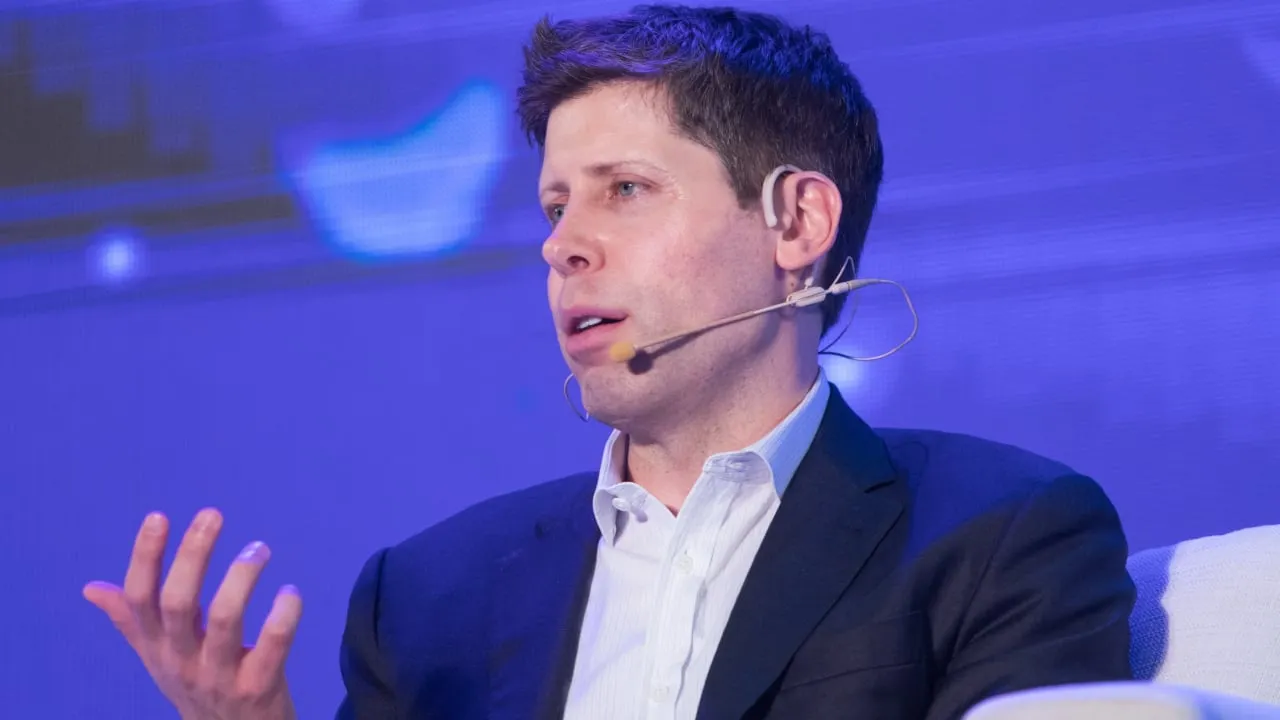In brief
- Altman says Meta is offering $100 million signing bonuses, plus substantial annual compensation, to attract AI researchers.
- OpenAI employees opt to remain despite significant financial incentives.
- The AI industry's compensation reaches new heights as companies compete for talent.
Multinational tech giant Meta is offering OpenAI employees signing bonuses of up to $100 million alongside annual compensation packages exceeding that amount, OpenAI CEO Sam Altman alleged on Monday's "Uncapped" podcast.
Meta had been making "giant offers to a lot of people on our team," Altman said on the podcast, which aired on Tuesday, and hosted by his brother, Jack Altman.
In the conversation, Altman said that none of his company's "best people" have accepted these packages to date.
Meta's recruitment efforts reportedly have CEO Mark Zuckerberg personally contacting researchers and hosting meetings at his private residences in Lake Tahoe and Palo Alto, according to a prior Bloomberg report citing people approached by Zuckerberg.
Altman's claims of massive compensation offers from Meta appear to confirm a report from The Information last year, in which Zuckerberg allegedly sent emails and "quick offers" for top talent to join his team.
Altman’s comments have not been substantiated. Meta and OpenAI did not immediately respond to Decrypt’s request for comment.
Altman's podcast conversation comes as Meta attempts to ramp up its AI efforts.
Last week, it invested $14 billion in data-labelling startup Scale AI, in hopes of catching up with its rivals, forming a "superintelligence division" to be led by Alexandr Wang, Scale AI's 26-year-old founder and CEO.
AI talent acquisition wars
Substantial demand for AI talent has driven up compensation in the industry. Industry data compiled by venture capital firm SignalFire shows that significant changes are underway in the AI sector.
Among elite labs from top AI firms, top talent is getting locked in: Anthropic leads with an 80% two-year retention rate, followed by Google's DeepMind at 78% and OpenAI at 67%.
But while Meta spends $2 million per year for AI talent, it is "still losing them to OpenAI and Anthropic," according to an X post by Deedy Das, principal investor at Menlo Ventures.
The report also shows that top AI talent is gravitating toward Anthropic, which is pulling in more employees from rivals like DeepMind and OpenAI than it's losing.
DeepMind is considered one of the most significant sources of talent for other labs, suggesting it's facing considerable attrition. Meanwhile, smaller players like Hugging Face are gaining traction, pulling researchers from bigger firms.
Some companies, such as Safe Superintelligence (SSI), founded by former OpenAI chief scientist Ilya Sutskever, offered retention packages that included $2 million bonuses and equity increases of $20 million or more, with some arrangements requiring one-year commitments for full compensation, according to a Reuters report in May.
Those moves have opened scrutiny from the U.S. government, with three senators calling the practice into question in an open letter last year.
Edited by Sebastian Sinclair

